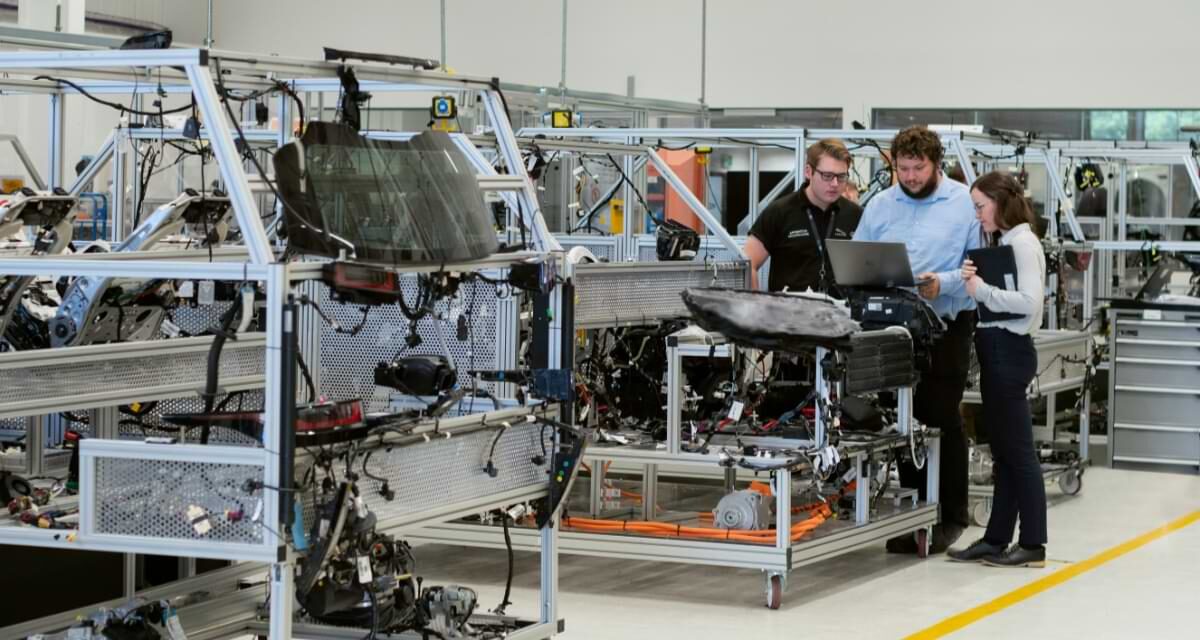For decades, Germany’s Mittelstand was considered the backbone of the national economy. But that role is no longer a given. While large corporations are taking center stage in political decision making and announcing billion euro investments with great media attention, small and medium-sized enterprises are increasingly being overlooked. The consequences are serious – for businesses, employees and Germany as a business location.
Big business in the spotlight, smaller companies left behind
When the chancellor meets with the heads of major DAX-listed companies to announce over 600 billion euros in planned investments, it sends a clear message. Even though much of this investment was already planned, the close cooperation between government and big business has become increasingly visible.
At the same time, corporate insolvencies have reached a ten-year high – affecting especially the Mittelstand. While major corporations are emerging from the crisis stronger than before, many smaller businesses are struggling to survive. Their challenges rarely receive the same level of political or media attention.
Bureaucracy as a silent burden on smaller companies
One of the key issues facing the Mittelstand is the growing burden of bureaucracy. Large companies often have entire departments dedicated to managing funding applications, permits and regulatory requirements. Small and medium-sized enterprises, on the other hand, must meet the same demands with far fewer resources – making bureaucracy disproportionately expensive for them.
In addition, regulatory requirements are constantly increasing. Data protection rules, labour law obligations and complex tax systems all create extra work. What large firms can manage without much friction often becomes a real hurdle for smaller businesses.
Self employment is becoming less attractive
Freelancers and entrepreneurs face similar challenges. In Germany, the self employed carry the full risk of their business without receiving meaningful tax relief. In many cases, they end up spending more than two thirds of their working time either on compliance tasks or paying taxes and fees.
As a result, many digital professionals and freelancers are now considering moving abroad. Countries like the United States offer more favourable tax rules and fewer bureaucratic obligations, making self employment more viable there.
Entrepreneurship lacks support and visibility
There is also a cultural issue. In schools and universities, the focus is still heavily on traditional career paths. Students are prepared for life as employees or civil servants, but hardly ever encouraged to become entrepreneurs. Business creation and risk taking are rarely part of the curriculum. And those who do try to start their own venture often face scepticism rather than support.
A threat to Germany’s future competitiveness
The declining role of the Mittelstand is not just an economic concern – it is a strategic one. Without a strong base of small and medium-sized businesses, the country risks losing both innovation and regional economic strength. Without entrepreneurial spirit, there will be fewer new ideas, fewer jobs and slower progress.
That is why it is so important for policymakers to broaden their focus. While large corporations undoubtedly play a major role in the economy, the Mittelstand must not be sidelined. These businesses need less red tape, fairer taxation and better access to support programs. Most of all, they need to be recognised again as a key pillar of the economy.
